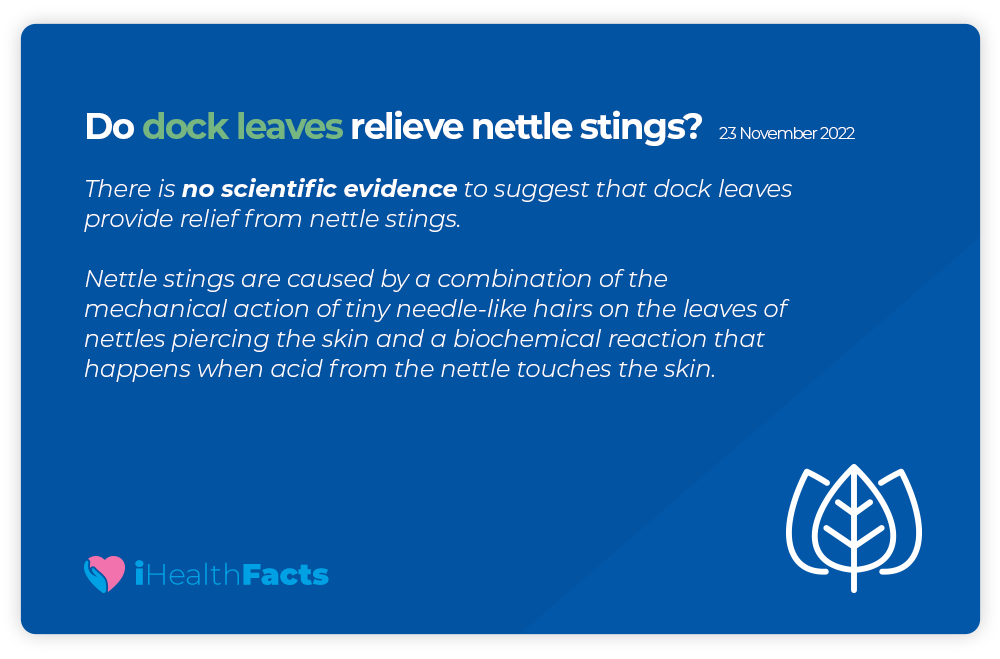- Lead Researcher: Dr Sandra Galvin, HRB-Trials Methodology Research Network, University of Galway.
- Reviewed by: Professor Declan Devane, School of Nursing and Midwifery, HRB-Trials Methodology Research Network, Evidence Synthesis Ireland & Cochrane Ireland, University of Galway.
- Topic Advisor: Prof. Liam Glynn, Professor of General Practice at the Graduate Entry Medical School of Medicine, University of Limerick, Chair of the North Clare Primary Care Team and Rural GP.
- Public and Patient Advisor: Ms Anne Daly, Public and Patient Involvement in research (PPI) advisor, PPI Ignite, University of Galway.
- Journalist Advisor: Dr. Claire O’Connell, Journalist, Contributor, The Irish Times.
Conflict of Interest Statement: The authors have no financial or other conflicts of interest for this health claim summary.
